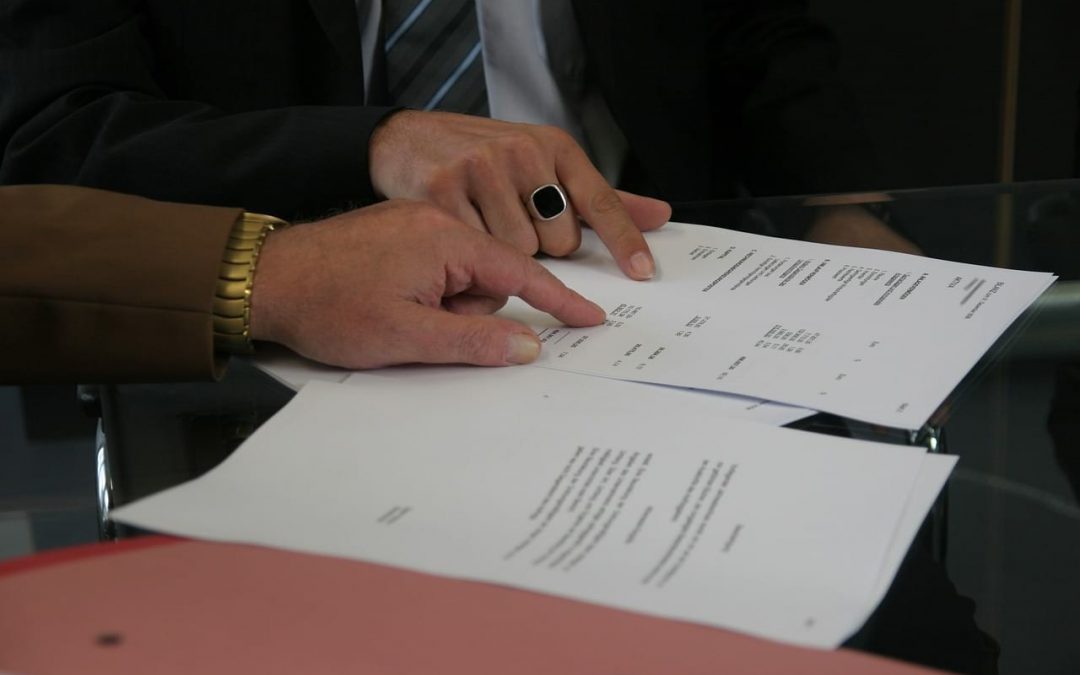Toward the end of someone’s life, they may decide who will execute their last will and testament after they pass away. That person is called an estate administrator, executor or fiduciary. No matter the name, it’s important to understand the estate administration process in Ohio ahead of time, so you can make the best plan, avoid costly probate restrictions, and avoid a confusing and difficult administration.
As estate administrator or executor, it becomes your duty to handle the debts, assets and property of the person who has passed away. Here are the basics of those duties:
Beginning the legal proceedings
To start the estate administration process in Ohio, the executor opens a case in probate court and serves notice to all parties with an interest in the estate. Then, the value and nature of the estate assets and debts are determined and reported to the probate court.
In the state of Ohio, probate is usually necessary for estates that are over $35,000. If probate is not necessary or the decedent chose to avoid probate by using a living trust and/or naming beneficiaries directly on accounts, then the estate administrator simply goes to the next steps.
Maintain the property and assets
Unless you’re an expert in estate planning and administration in Ohio, this part might be difficult for an executor. At its core, maintaining the assets and properties means tying up loose ends for the deceased. Selling properties, paying and/or chasing debts, paying and closing accounts and settling claims against the estate are all part of this process. This portion is usually done in tandem with the next step.
Identify and contact beneficiaries
Per the will of the deceased, the beneficiaries named must be contacted and the assets distributed accordingly. If any other estate planning tools were used such as revocable or irrevocable trusts, those must be adhered to as well.
Close the estate
Once all disbursements are made, to creditors and beneficiaries, a complete accounting is filed and approved by the probate court. The administrator or executor may need to file the decedent’s final income tax return as part of the estate administration process. Depending on the nature of the estate assets, the administrator or executor may also have to determine how income tax will be divided among estate beneficiaries.
Once everything has been paid, the beneficiaries have their piece of the estate and the estate accounting has been approved by the probate court, the estate can be closed and the administrator or executor is discharged.
Most estate administrators and executors will need need an estate planning attorney to help them navigate through probate court or carrying out a will’s directions. There are many deadlines and requirements to properly administer an estate. And, if the estate fiduciary is not careful, they could make a misstep and end up personally liable for the decedent’s debts, especially if they make a mistake with the decedent’s taxes. It is extremely helpful to have someone experienced in estate planning and administration in Ohio. At Obenour Legal Group, we have compassionate and knowledgeable counsel who are ready to help you execute your duties as an estate administrator. Be sure to contact our office for a free case review. Don’t wait until you are neck deep in paperwork and legal difficulties before employing our assistance.

